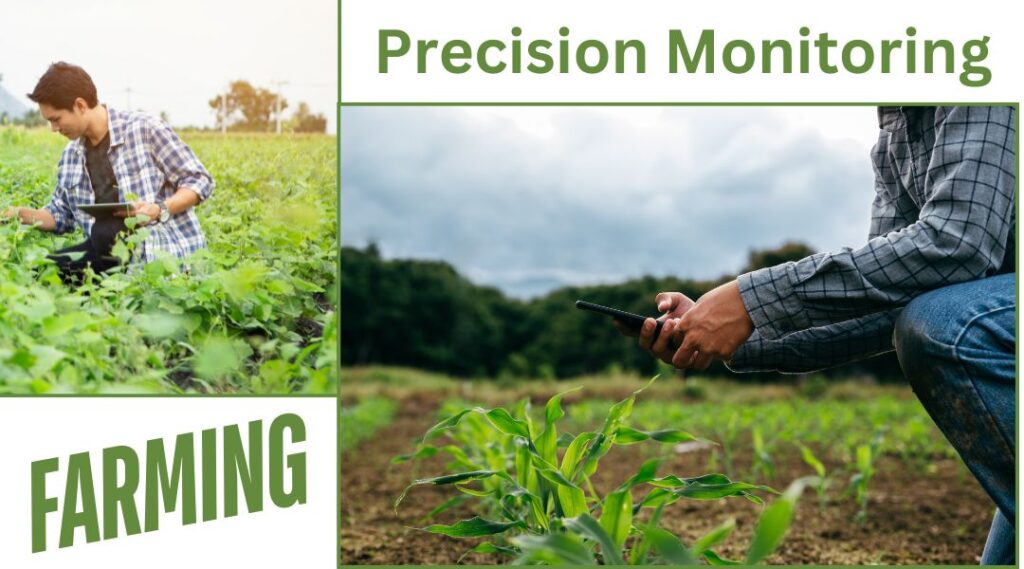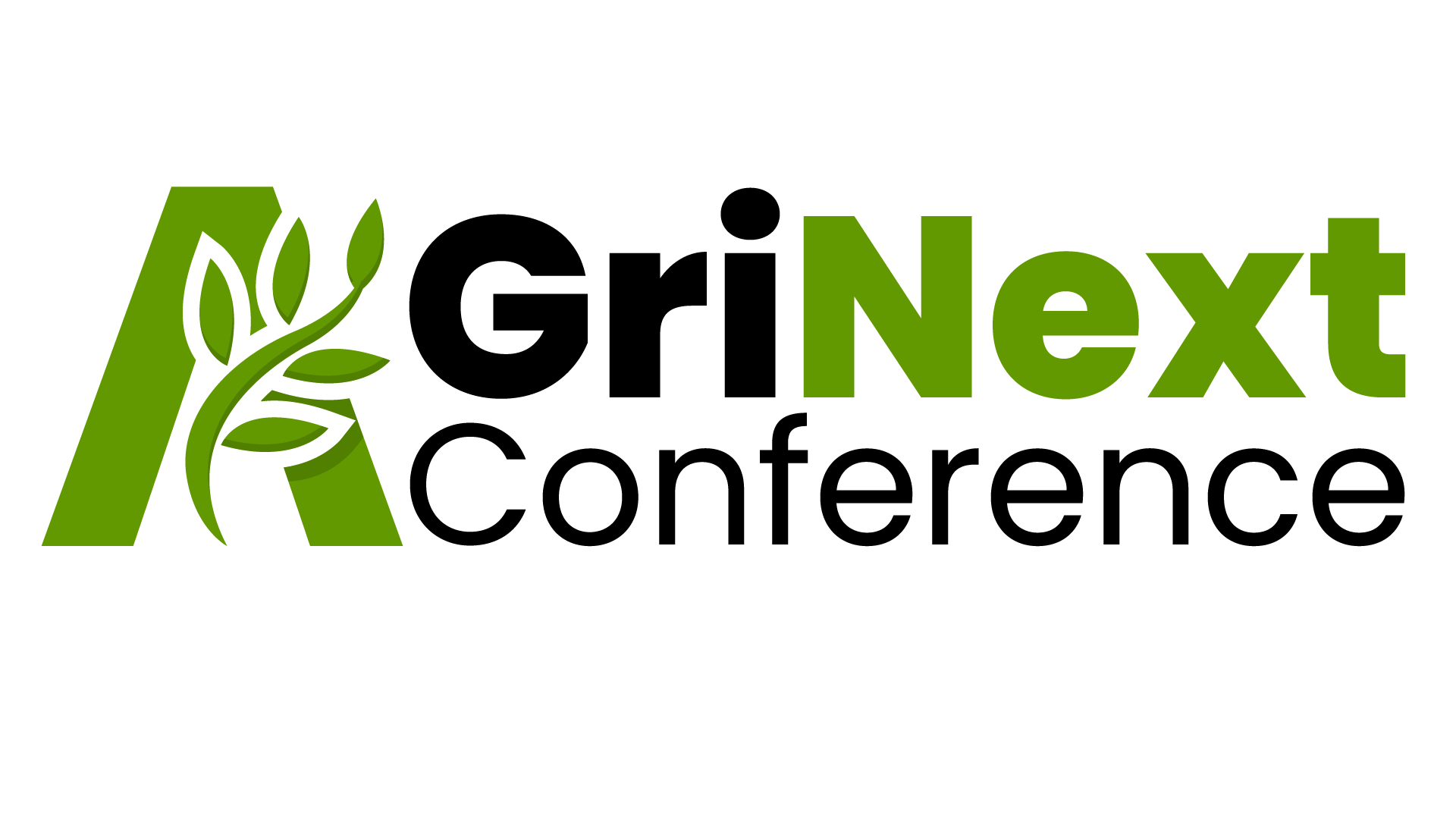
Introduction
Hydroponics: “Where the roots are strong, and the possibilities are endless.“
In the ever-evolving landscape of agriculture, hydroponic farming has emerged as a revolutionary method for cultivating crops without soil, using nutrient-rich water solutions instead. This innovative approach offers numerous benefits, including higher yields, water conservation, and space efficiency. However, to unlock its full potential, integrating automation into hydroponic systems is essential.
Let’s explore how automation can elevate hydroponic farming to new heights of efficiency and sustainability.
Table of Contents
Hydroponic Farming
Hydroponic farming represents a groundbreaking approach to cultivation, eschewing traditional soil methods in favor of water-based nutrient solutions. At its core lies automation, a transformative force driving efficiency and productivity in modern agriculture. Through precise sensor monitoring, automated nutrient delivery, and climate regulation, hydroponic systems maximize crop output while conserving resources. Automation empowers farmers with real-time data insights and remote control capabilities, enabling informed decision-making and proactive management. As sustainability becomes increasingly paramount, automation emerges as a cornerstone in the evolution of hydroponic farming, promising a future of enhanced yields, resource efficiency, and agricultural innovation.
Precision Monitoring with Sensors:
The foundation of automation in hydroponic farming begins with accurate monitoring of environmental parameters. Sensors play a crucial role in measuring factors such as pH levels, nutrient concentrations, temperature, humidity, and water levels. By continuously collecting data from these sensors, farmers gain insights into the health and growth status of their crops, allowing for timely adjustments and optimizations.

Automated Nutrient Delivery:
Maintaining the correct nutrient balance is critical for the success of hydroponic farming. Automation enables precise control over nutrient delivery systems, ensuring that plants receive the optimal mix of essential elements at all times. Automated nutrient dosing systems can adjust nutrient concentrations based on real-time sensor readings, minimizing waste and maximizing plant uptake.
Climate Control and Environmental Regulation:
Hydroponic farming systems are highly sensitive to environmental conditions, making climate control a top priority. Automation allows for the seamless integration of climate control devices such as fans, heaters, and ventilation systems. By monitoring temperature, humidity, and CO2 levels, automated systems can adjust environmental parameters to create the ideal growing conditions for plants, regardless of external weather fluctuations.
Water Management and Irrigation Automation:
Water is a precious resource in hydroponic farming, and efficient water management is essential for sustainability. Automated irrigation systems regulate water flow and distribution, ensuring that plants receive the right amount of moisture without wastage. Additionally, recirculating systems can be automated to monitor water quality, pH levels, and nutrient concentrations, allowing for proactive adjustments to maintain optimal conditions.
Data-driven Decision Making:
Automation generates vast amounts of data on hydroponic farming performance, environmental conditions, and system operations. By harnessing this data through analytics and machine learning algorithms, farmers can gain valuable insights into crop growth trends, identify potential issues early, and optimize hydroponic farming practices for improved yields and resource efficiency.
Remote Monitoring and Control:
With automation, hydroponic farming practitioners can monitor and control their systems remotely, providing greater flexibility and convenience. Through web-based interfaces or mobile applications, farmers can access real-time data, receive alerts for critical events, and adjust system parameters from anywhere with an internet connection. This remote accessibility enhances operational efficiency and allows for timely intervention, even when farmers are off-site.
Conclusion
Automation holds the key to unlocking the full potential of hydroponic farming, paving the way for sustainable agriculture in the future. By leveraging advanced technologies such as sensors, actuators, and data analytics, hydroponic systems can operate with unprecedented precision, efficiency, and reliability. As the demand for high-quality, locally grown produce continues to rise, automation will play an increasingly vital role in meeting the challenges of modern agriculture and ensuring food security for generations to come.
